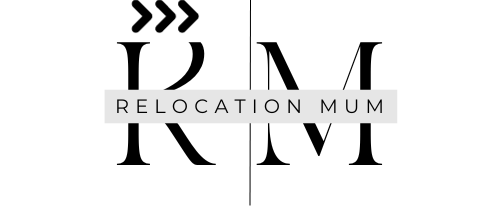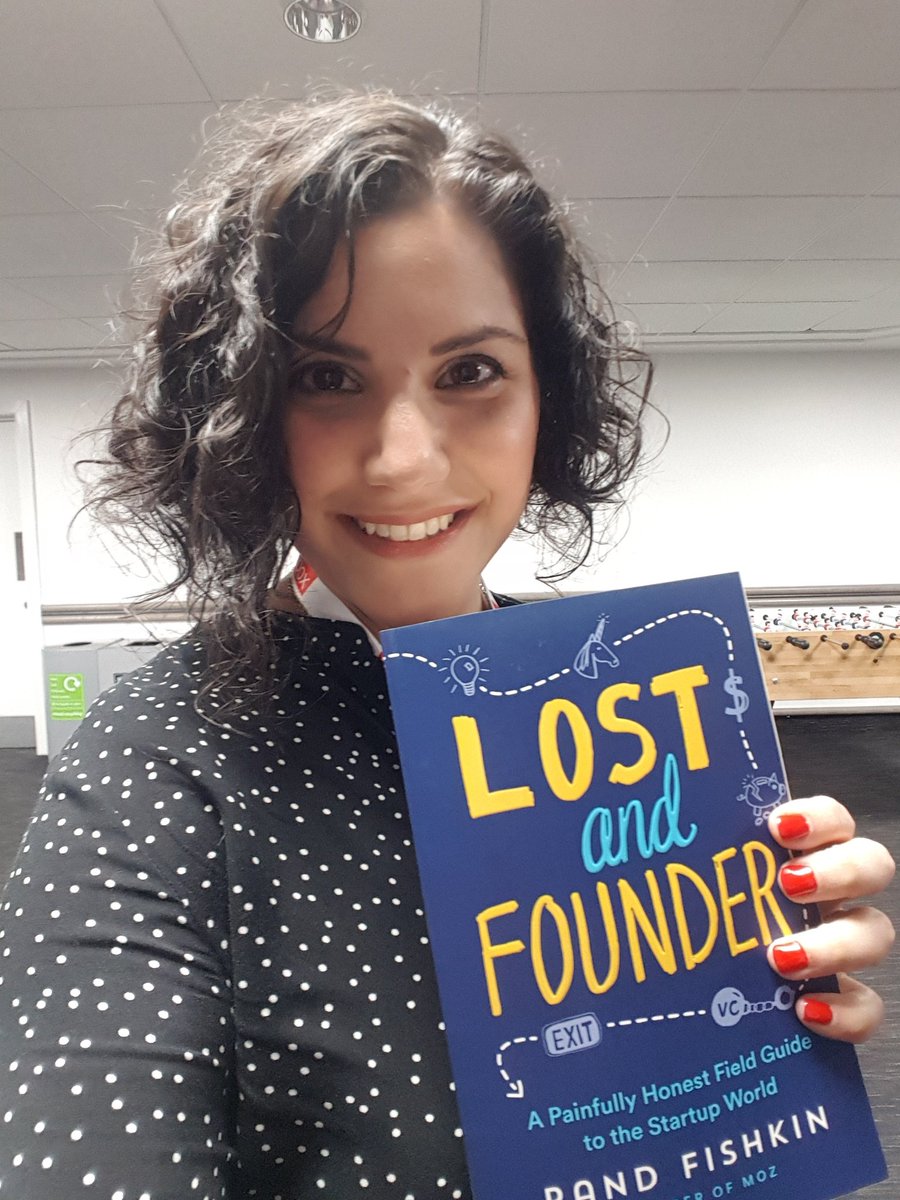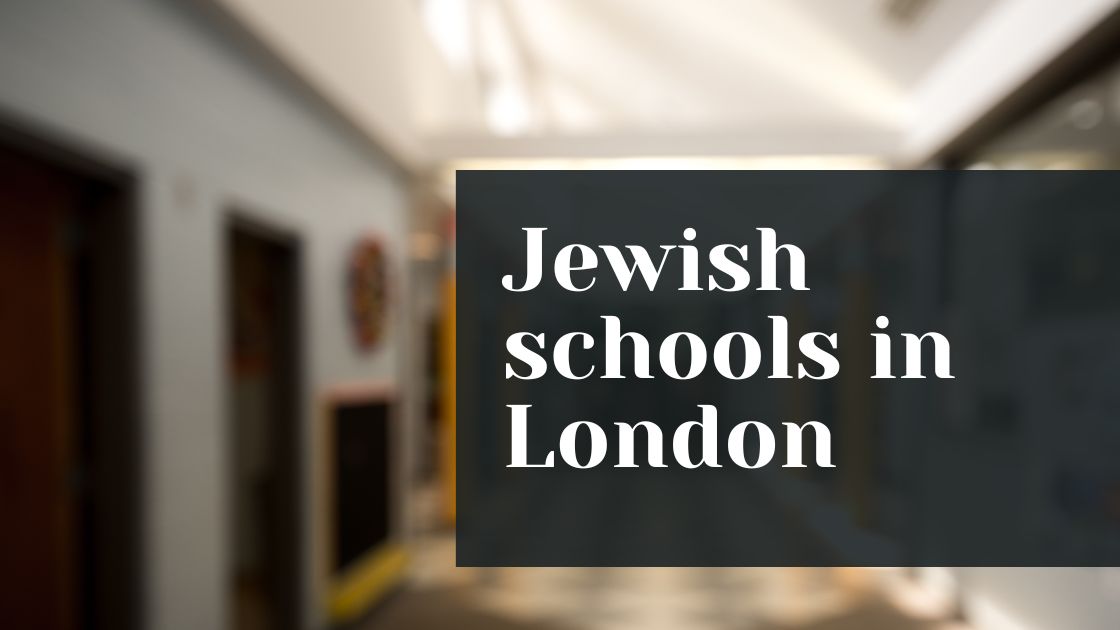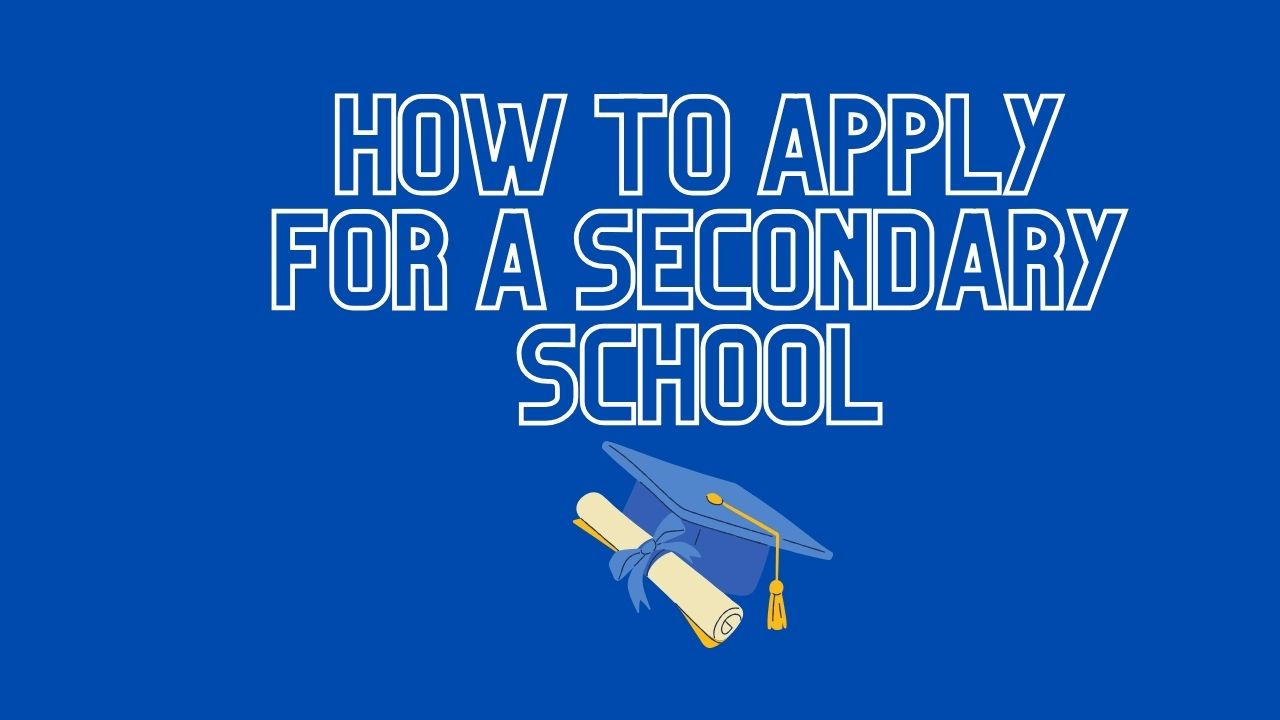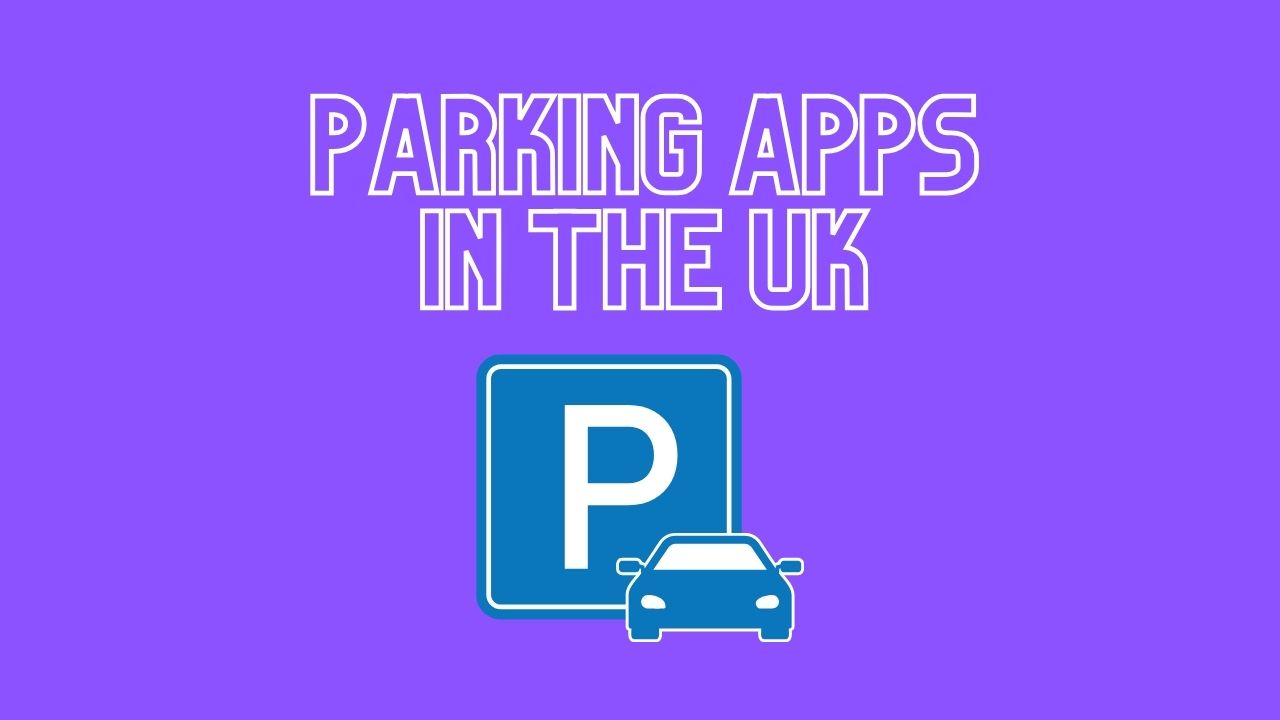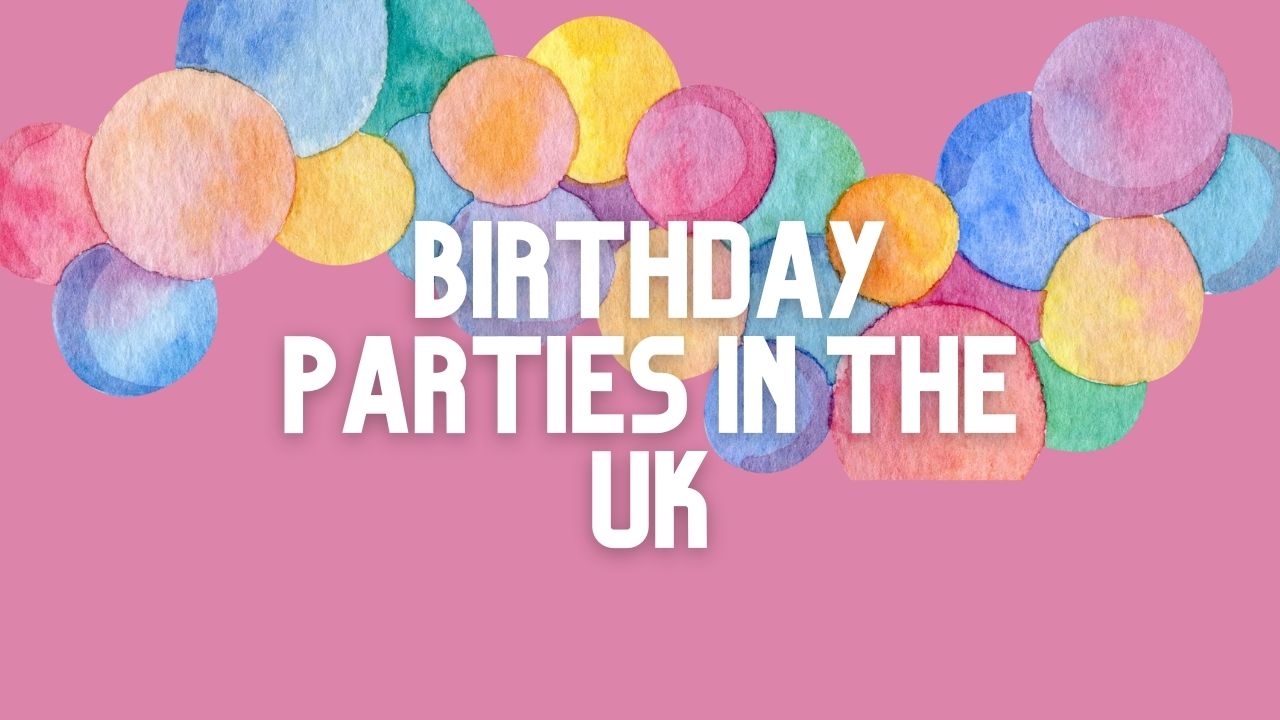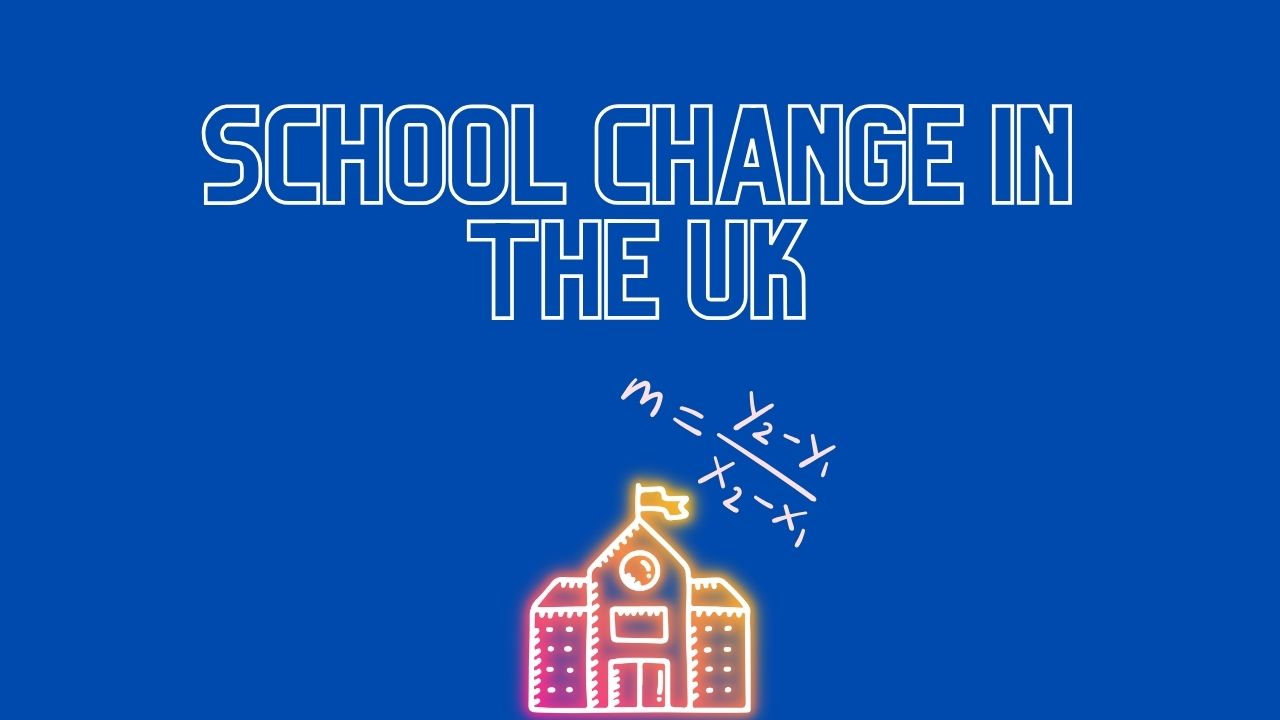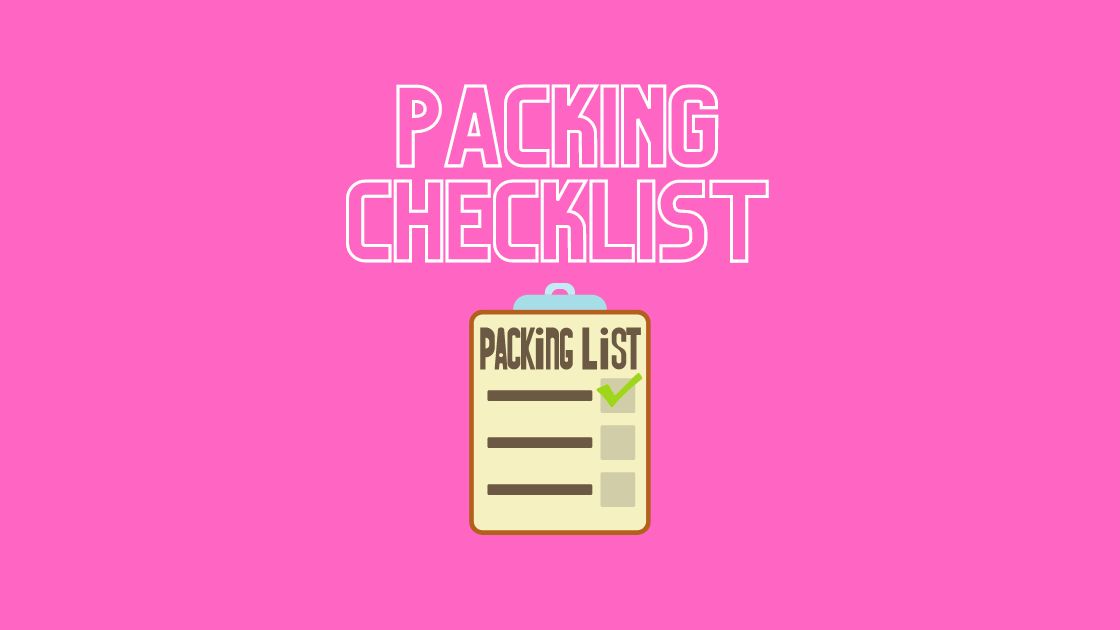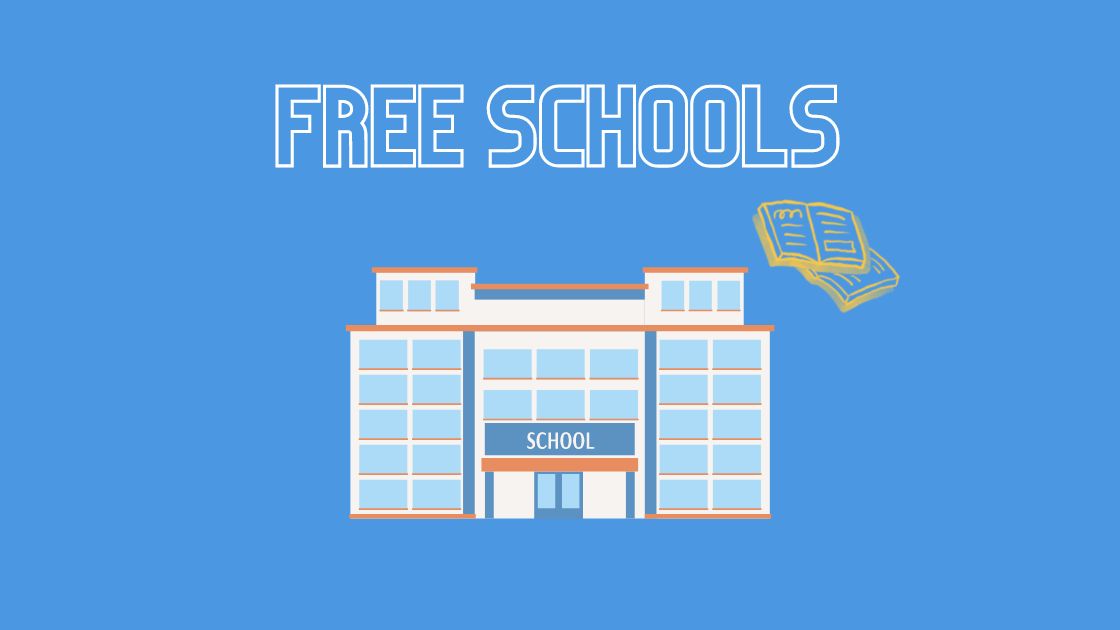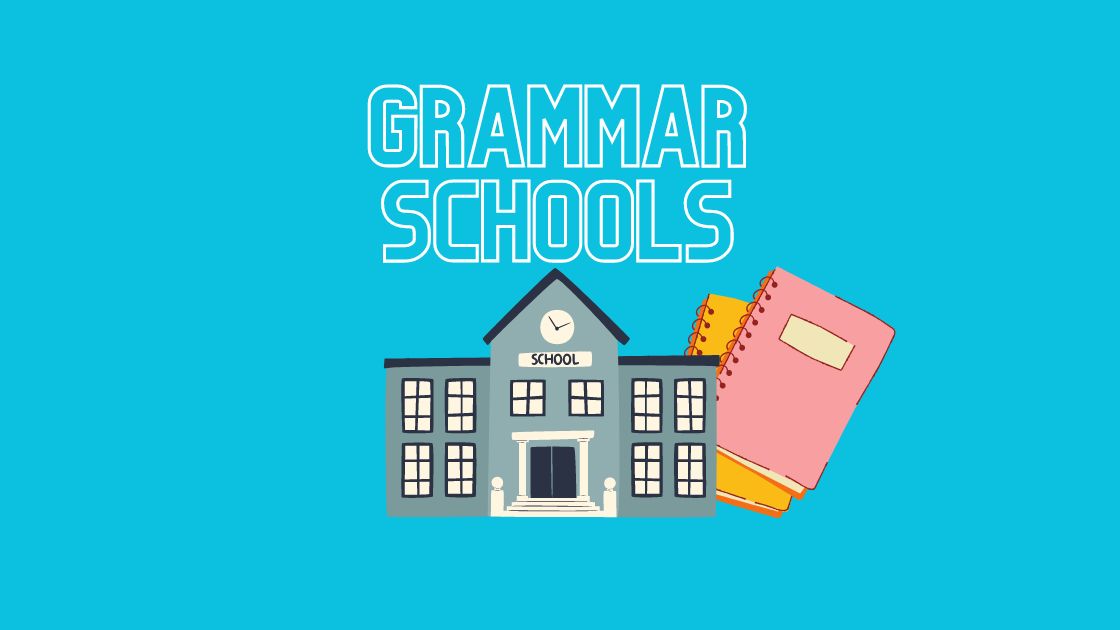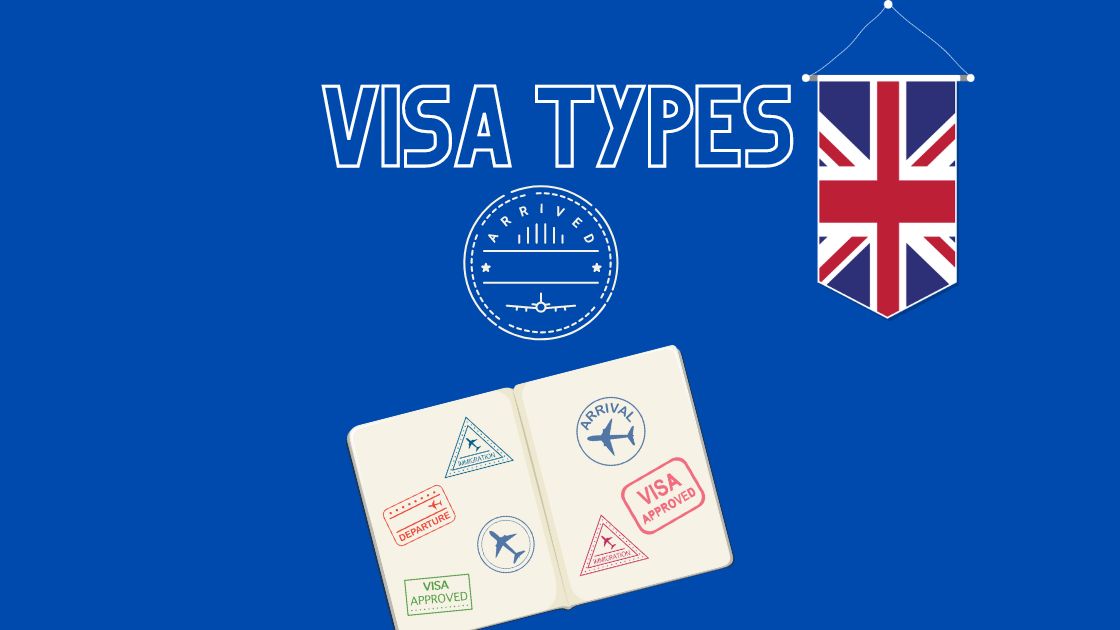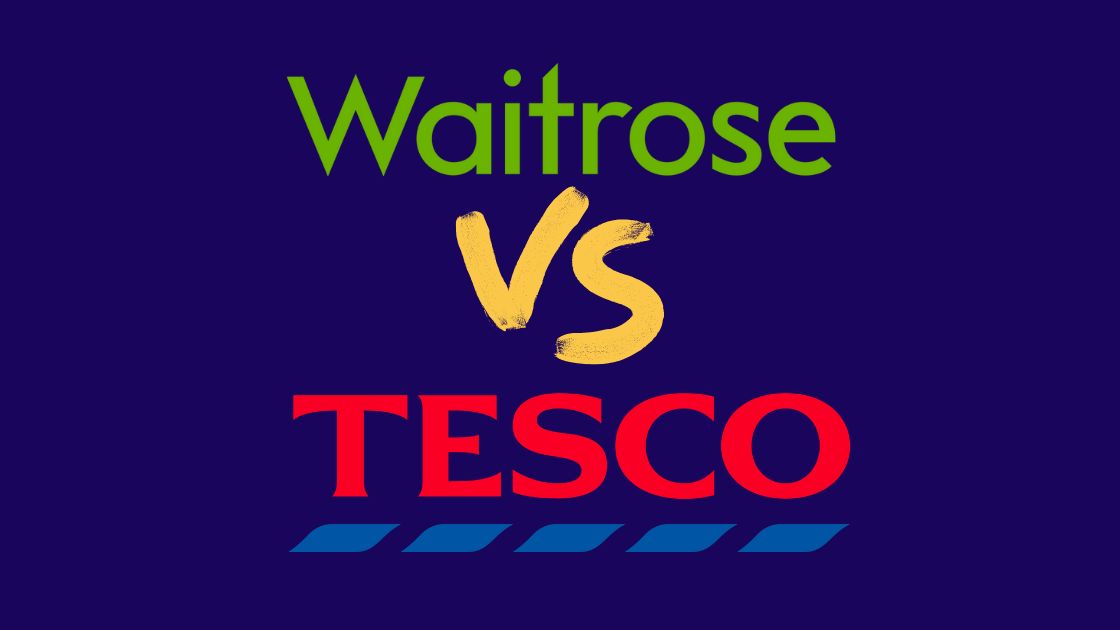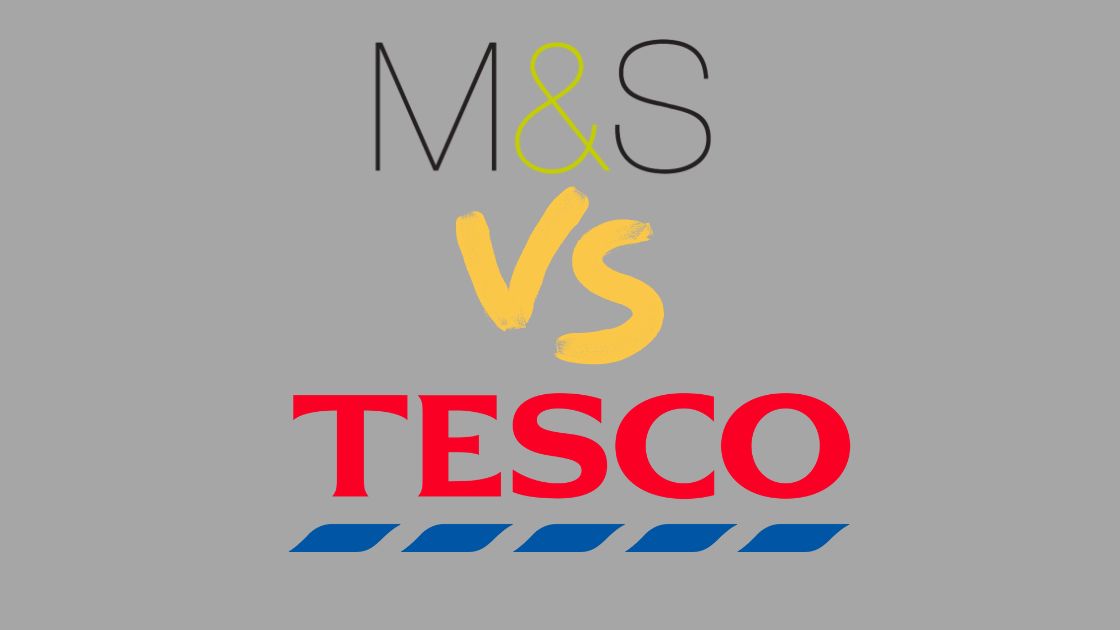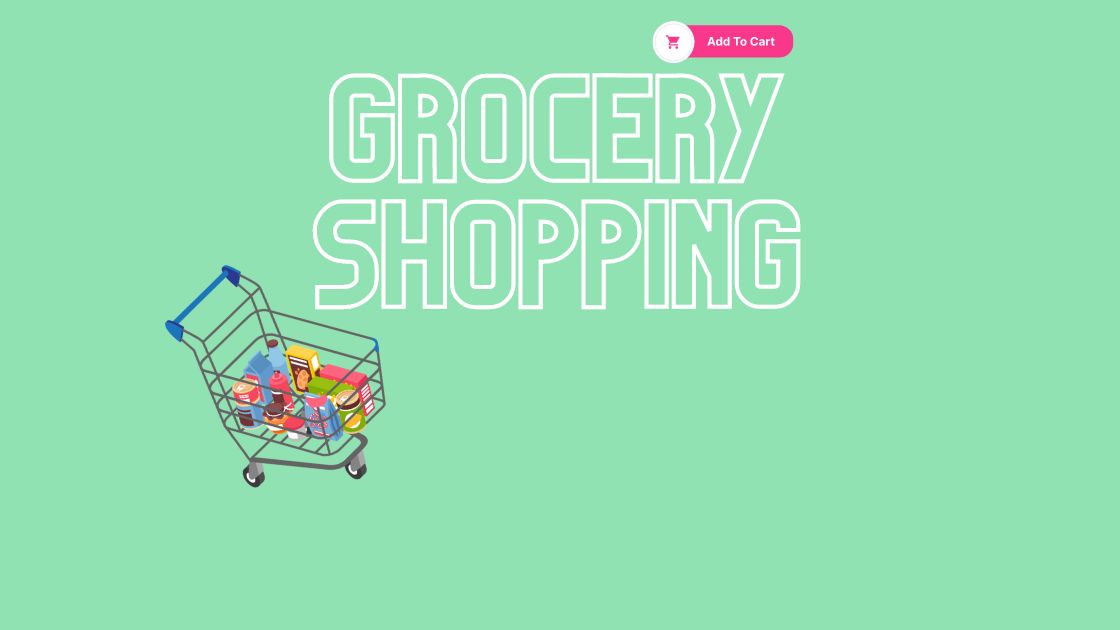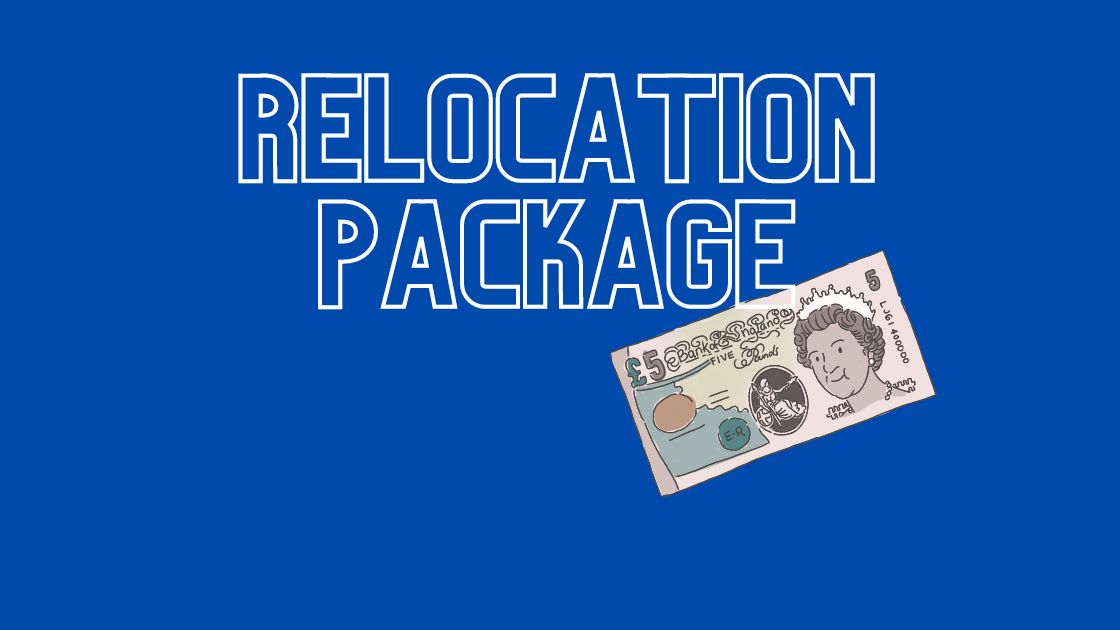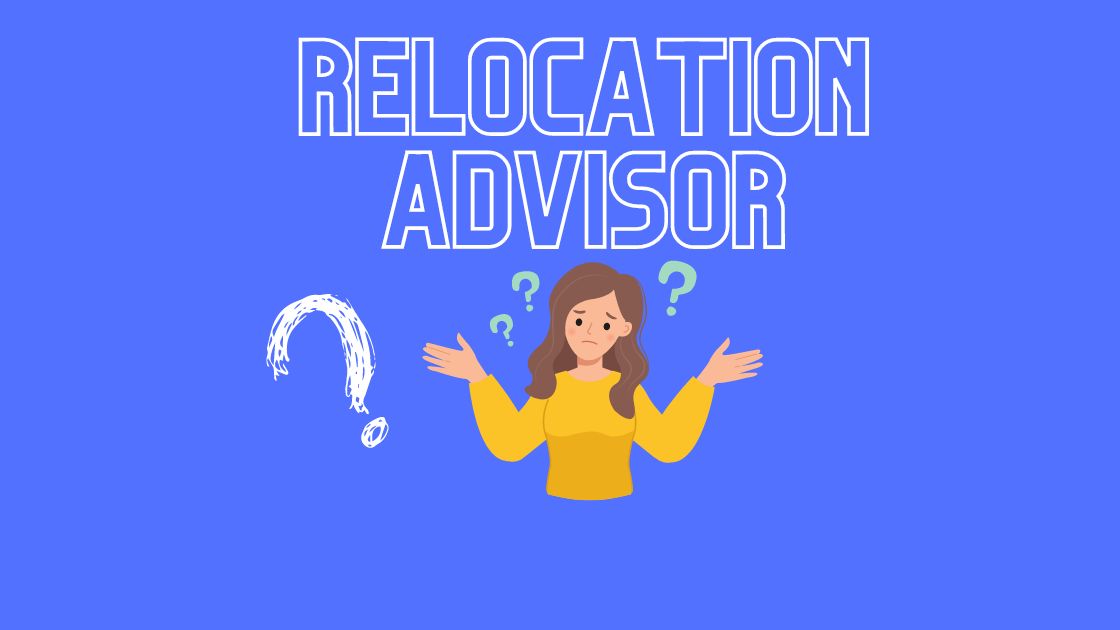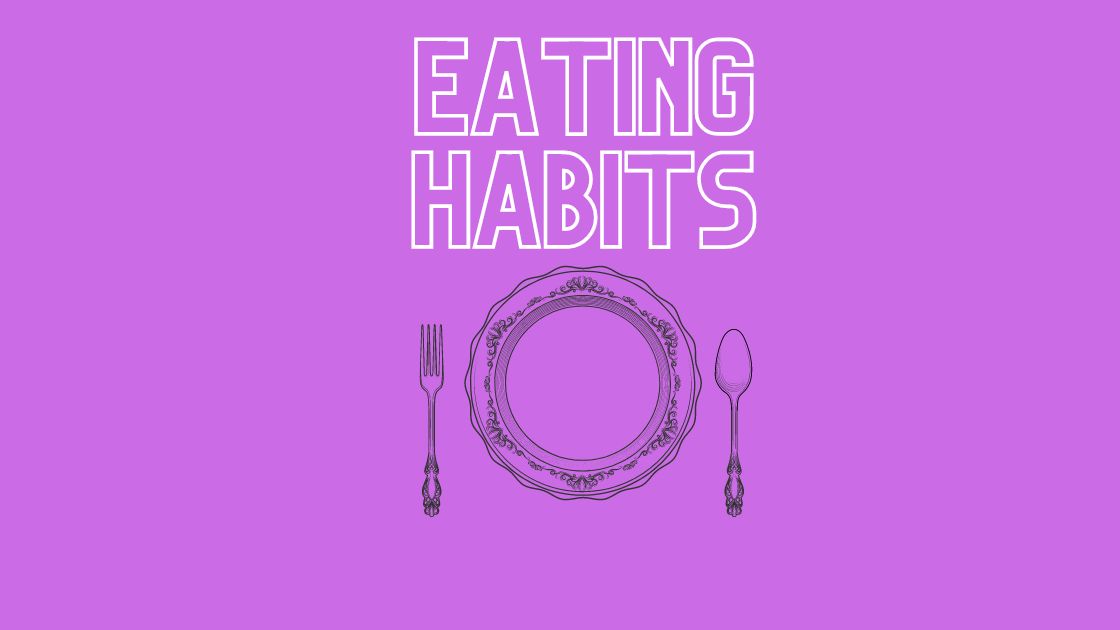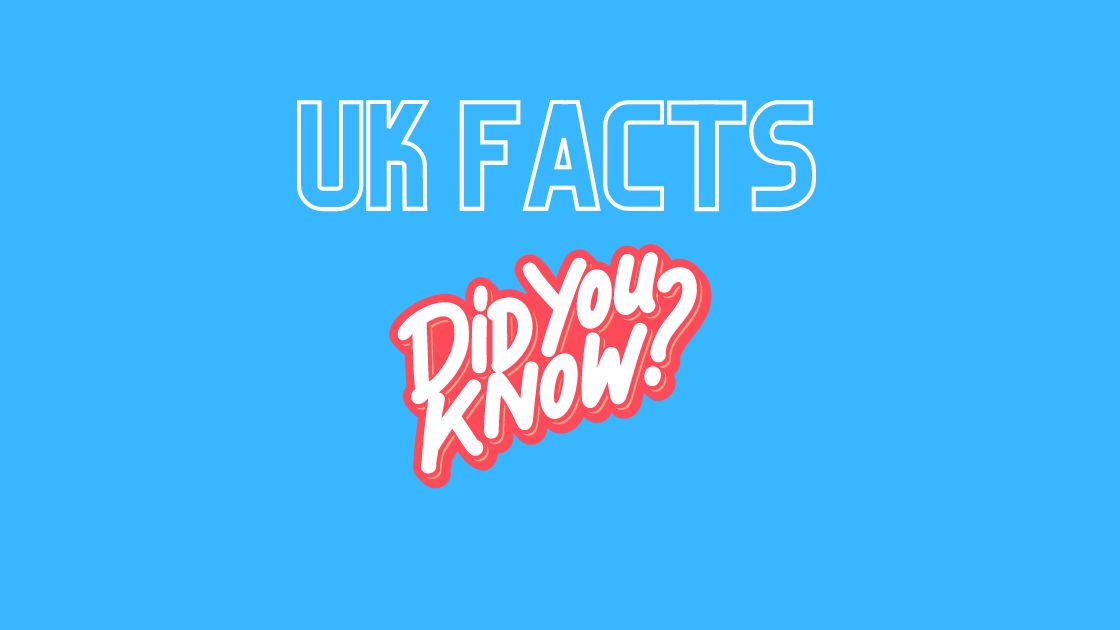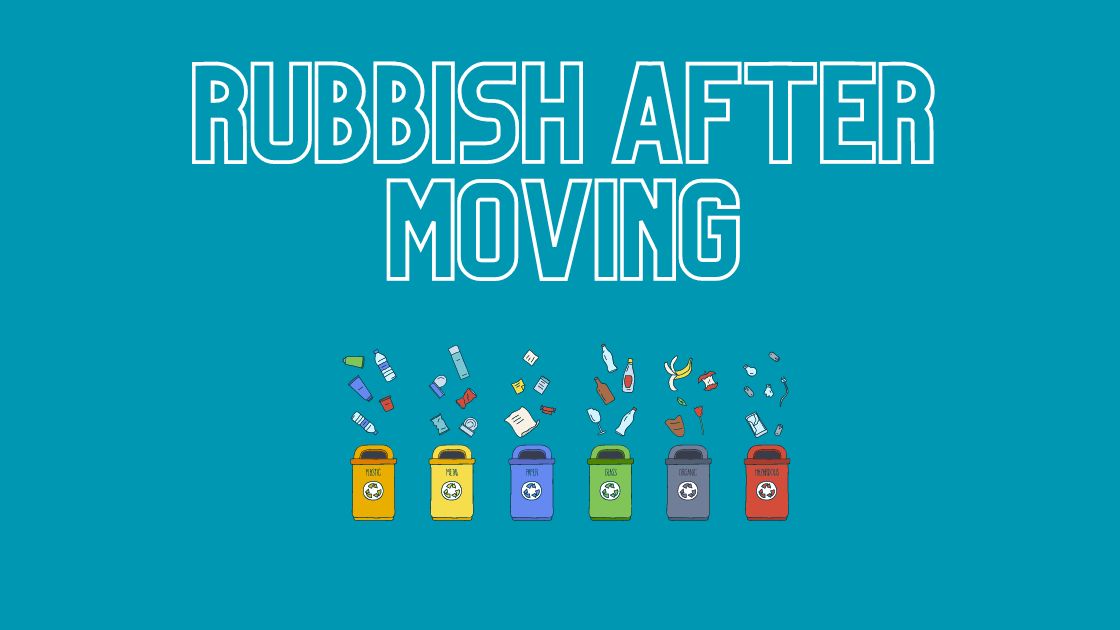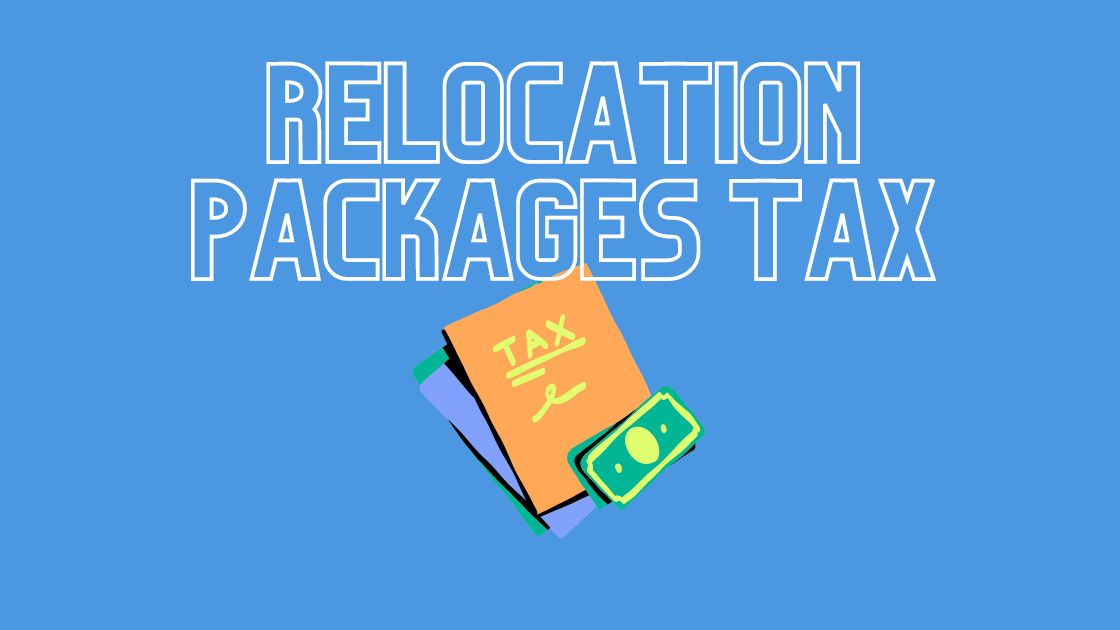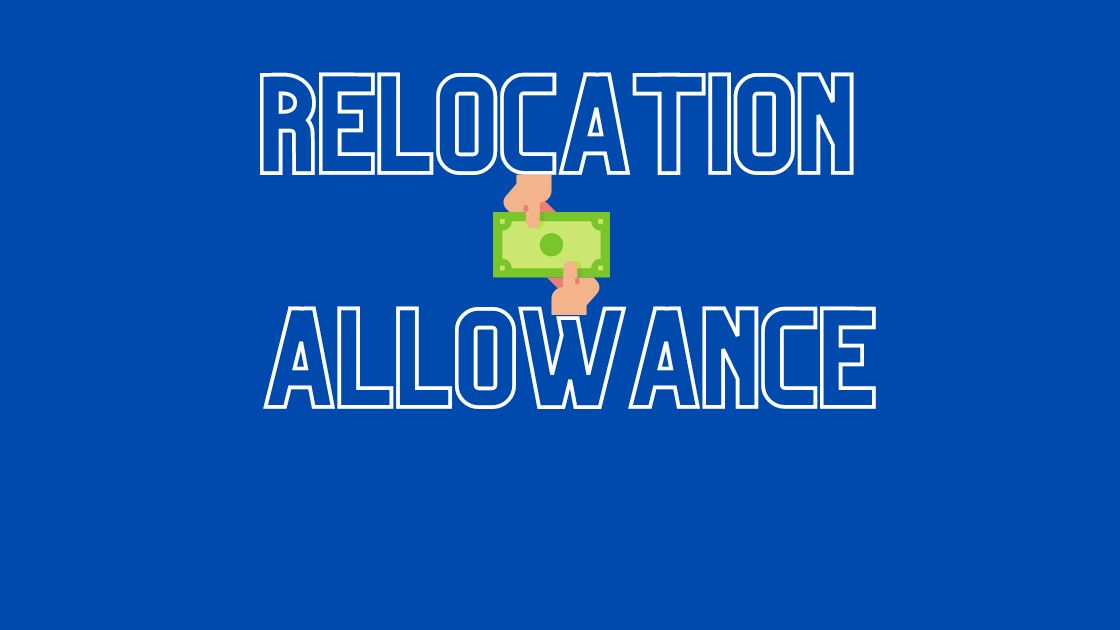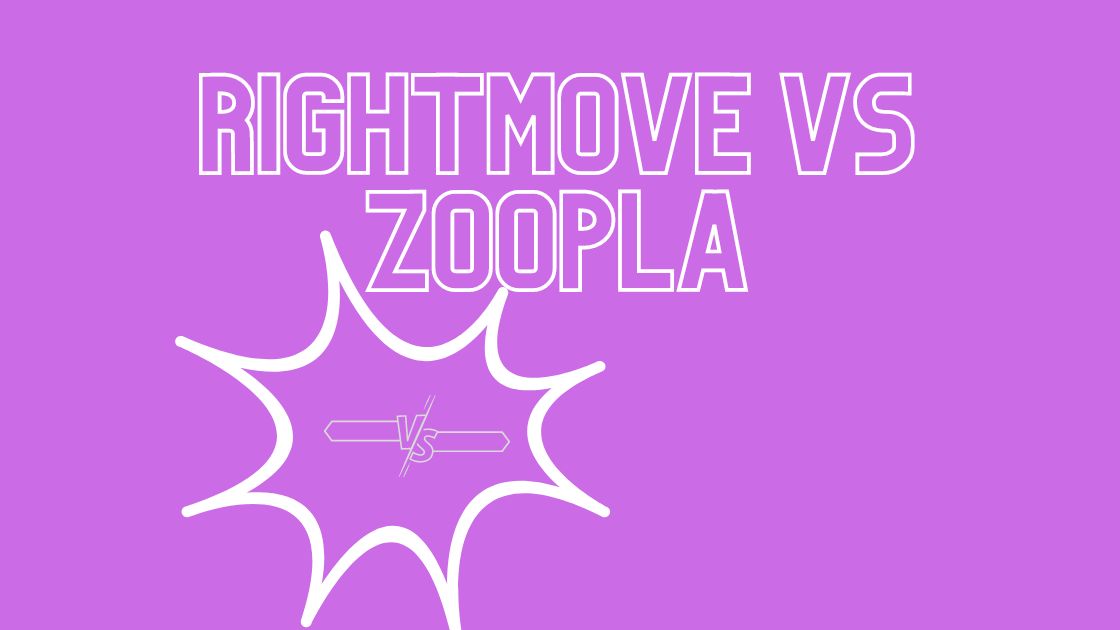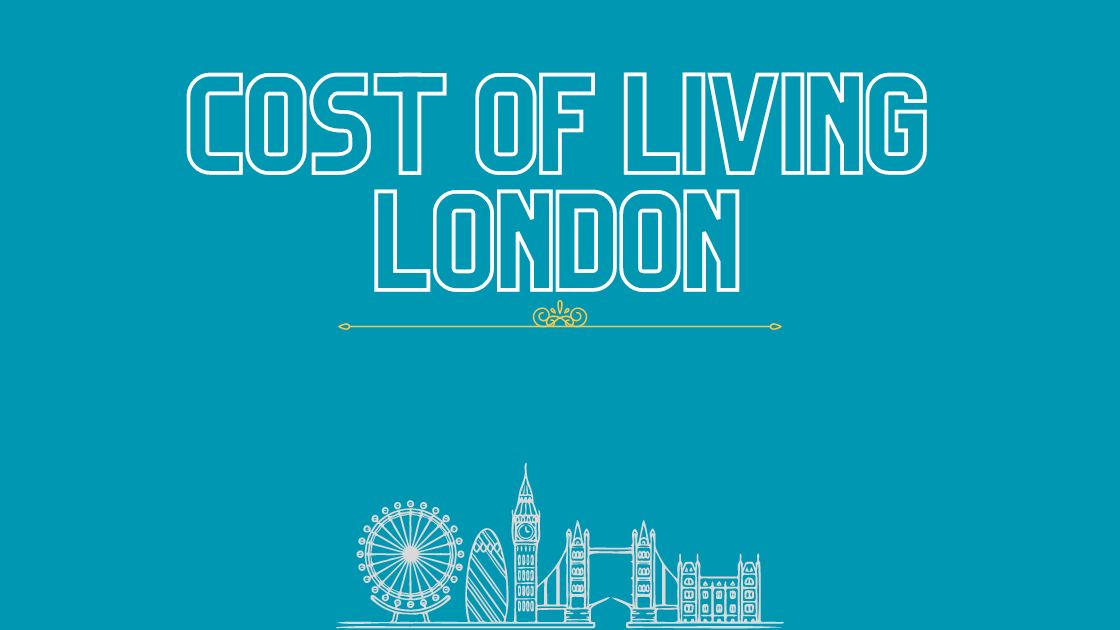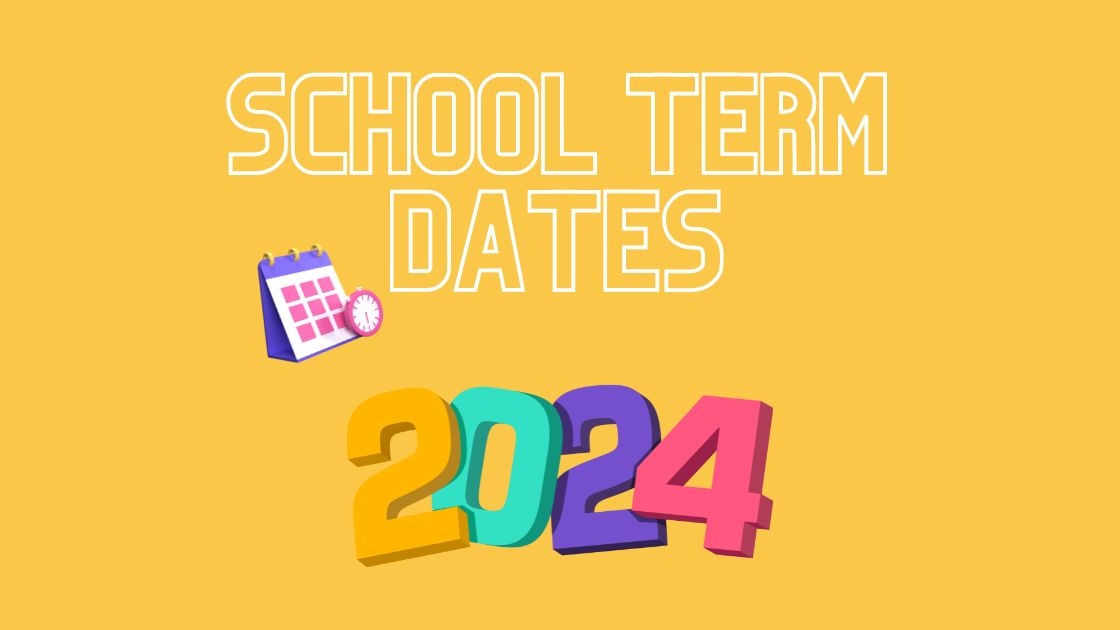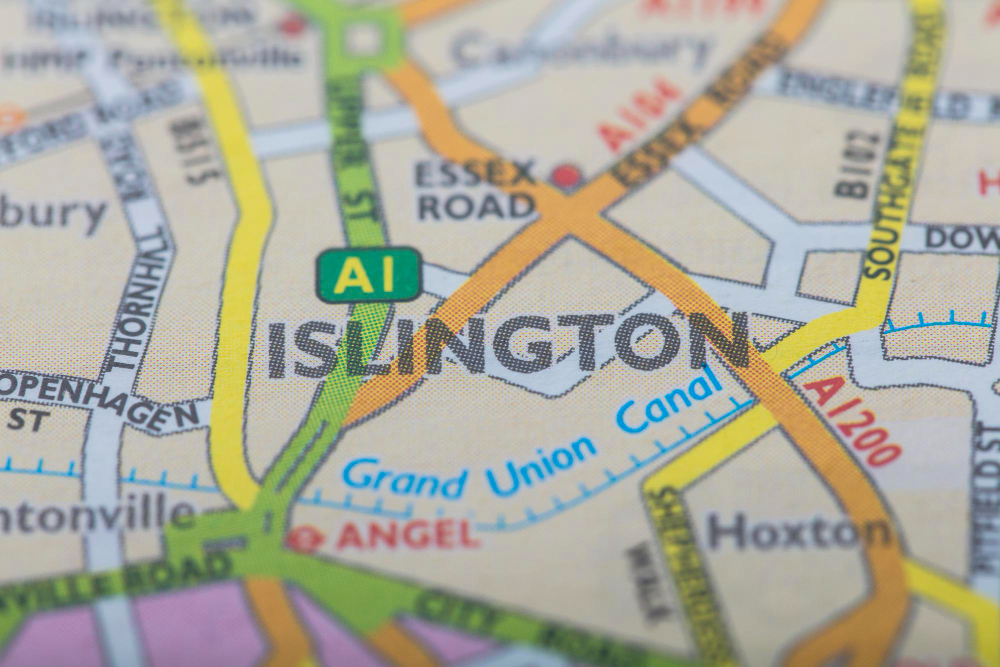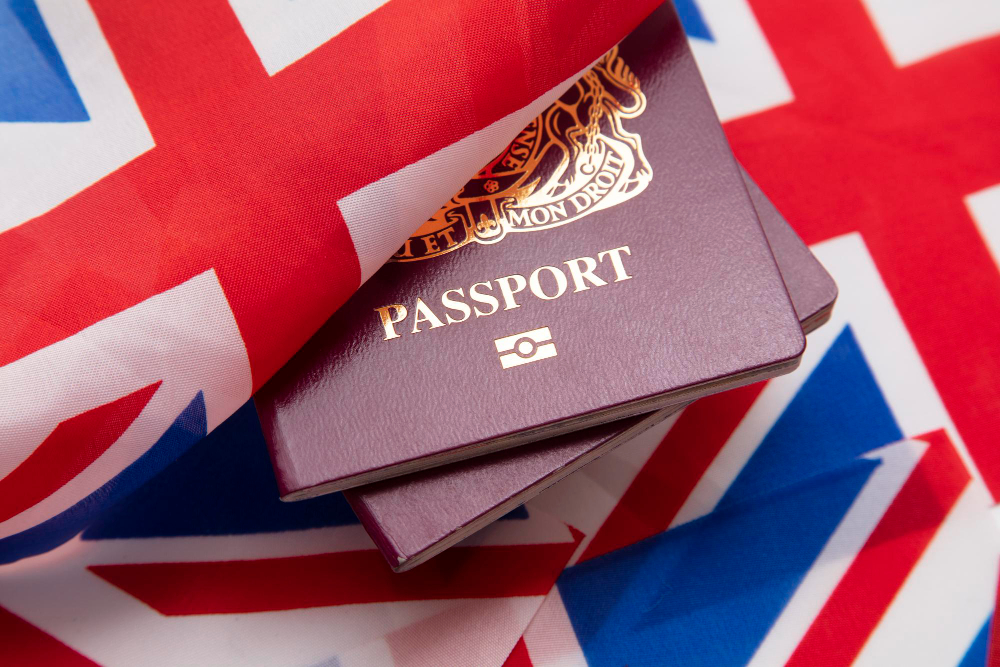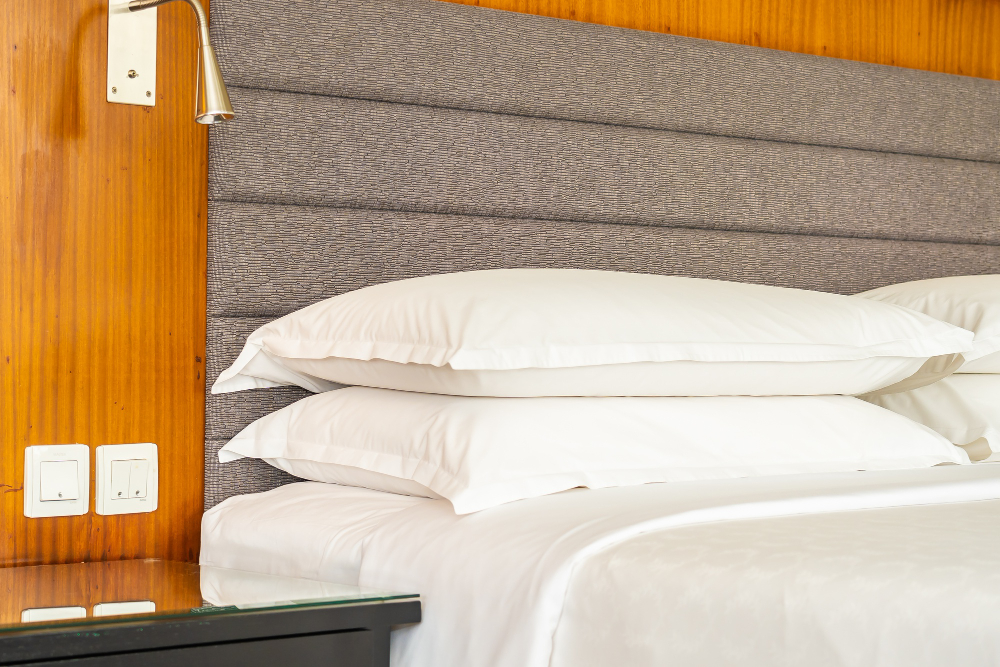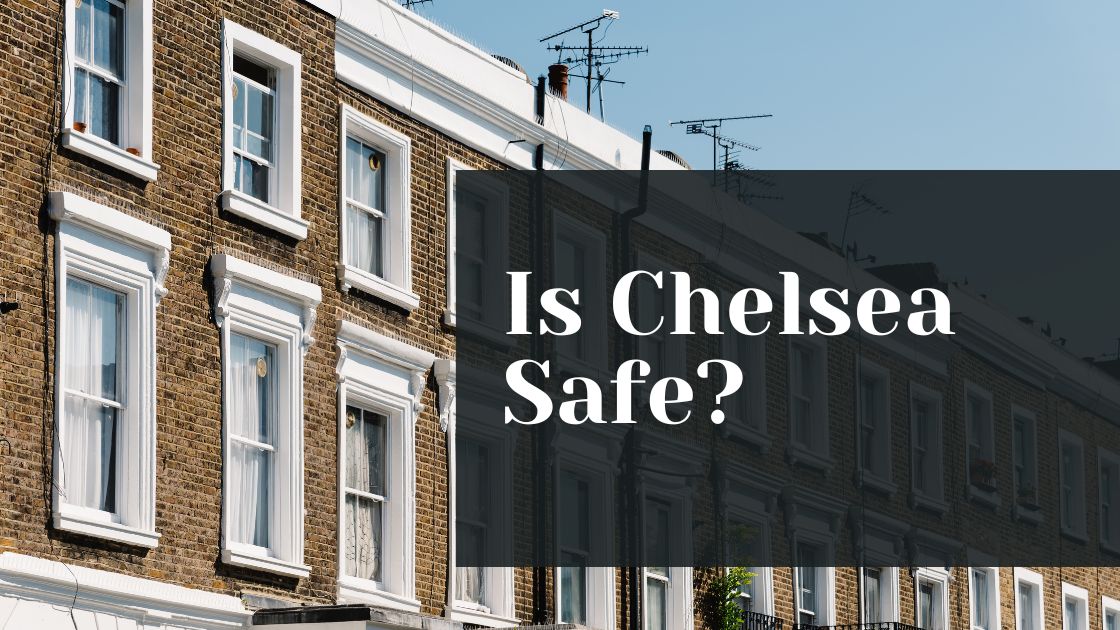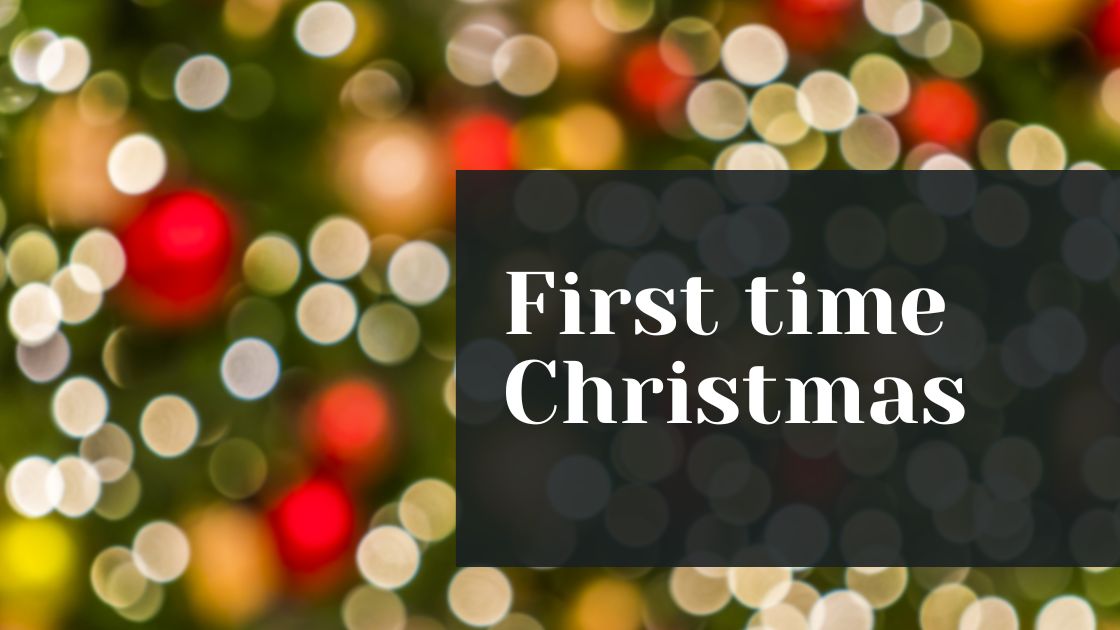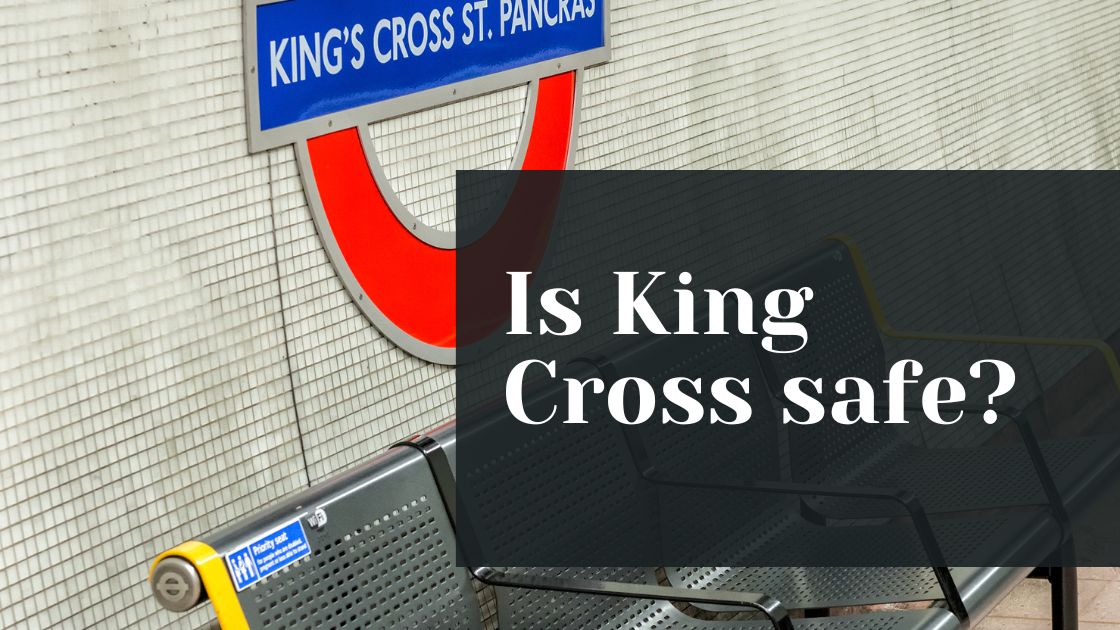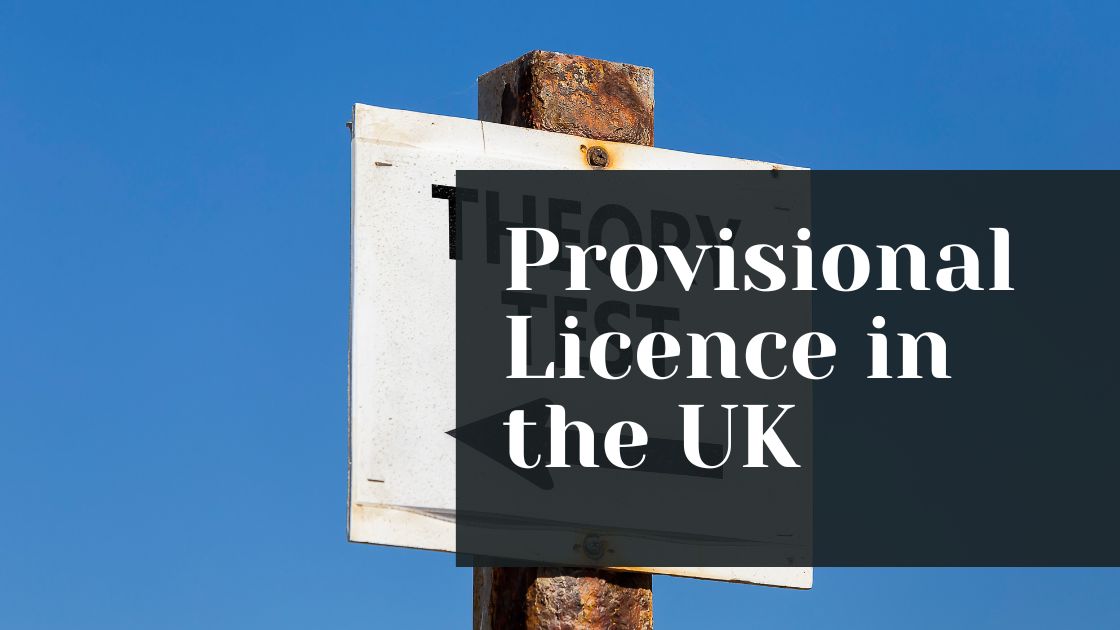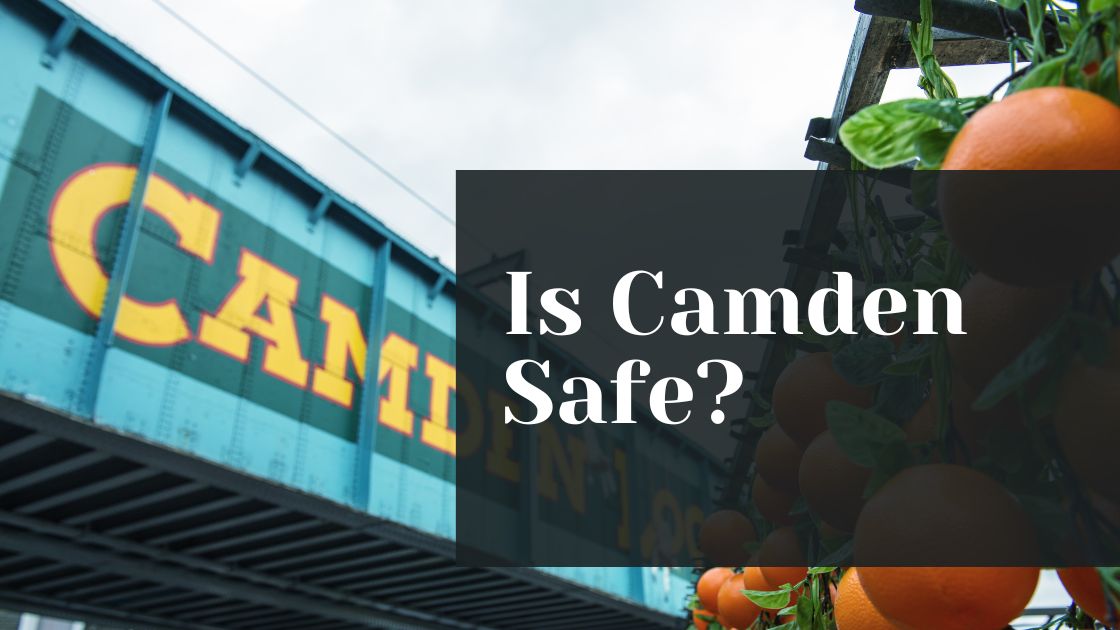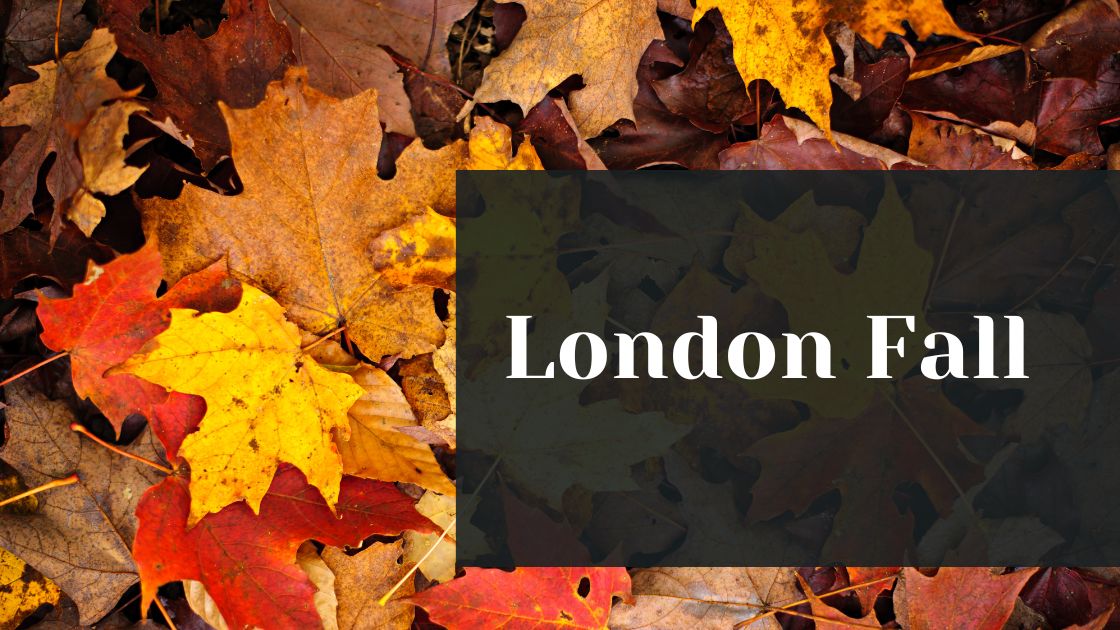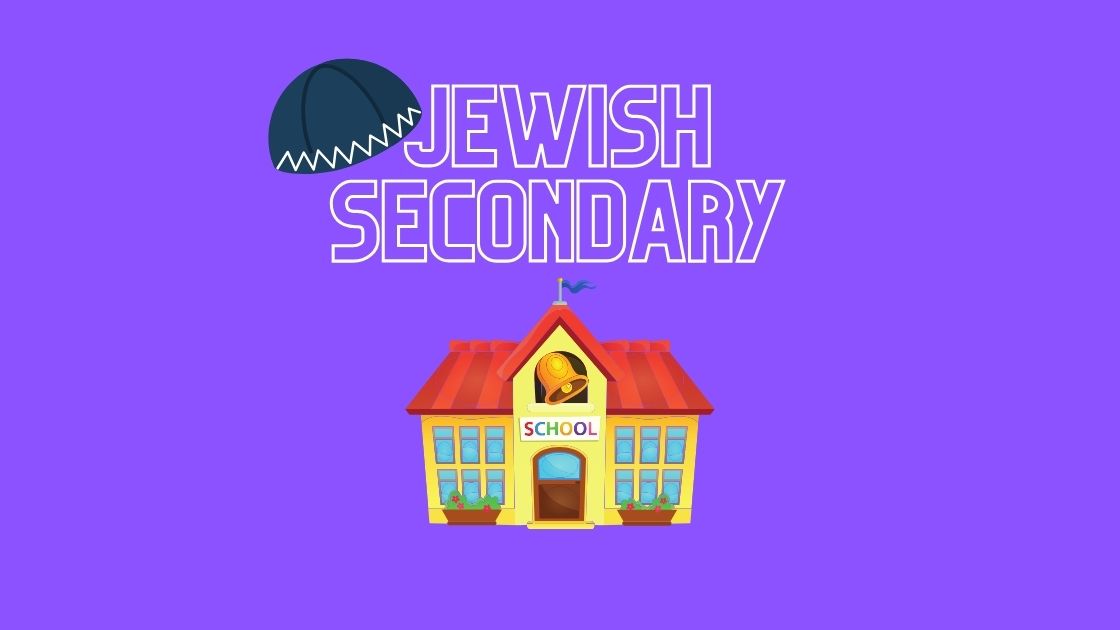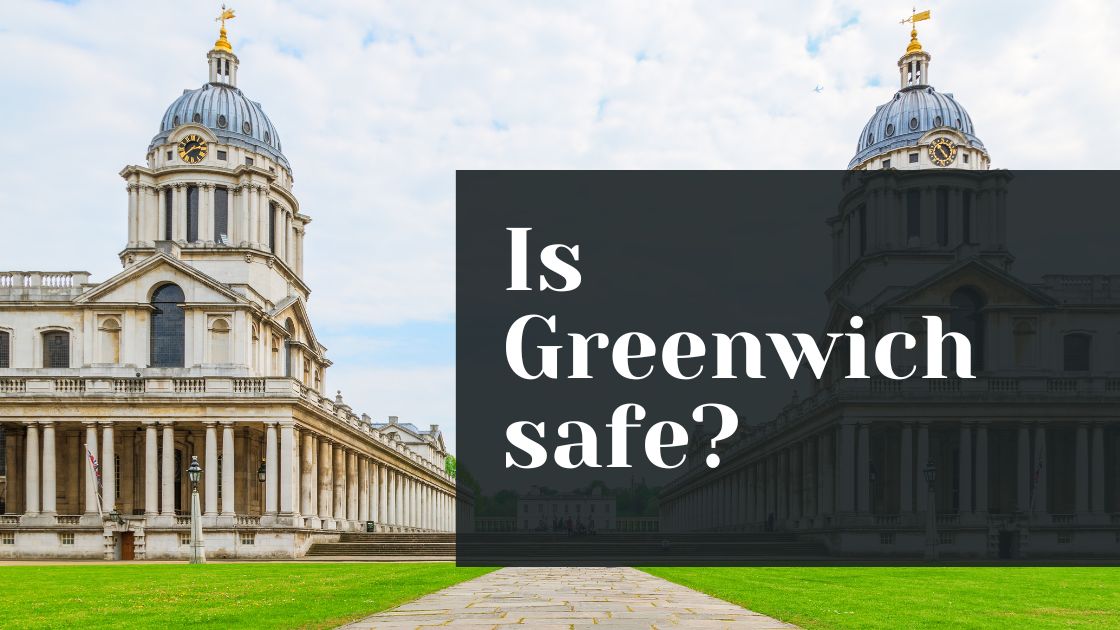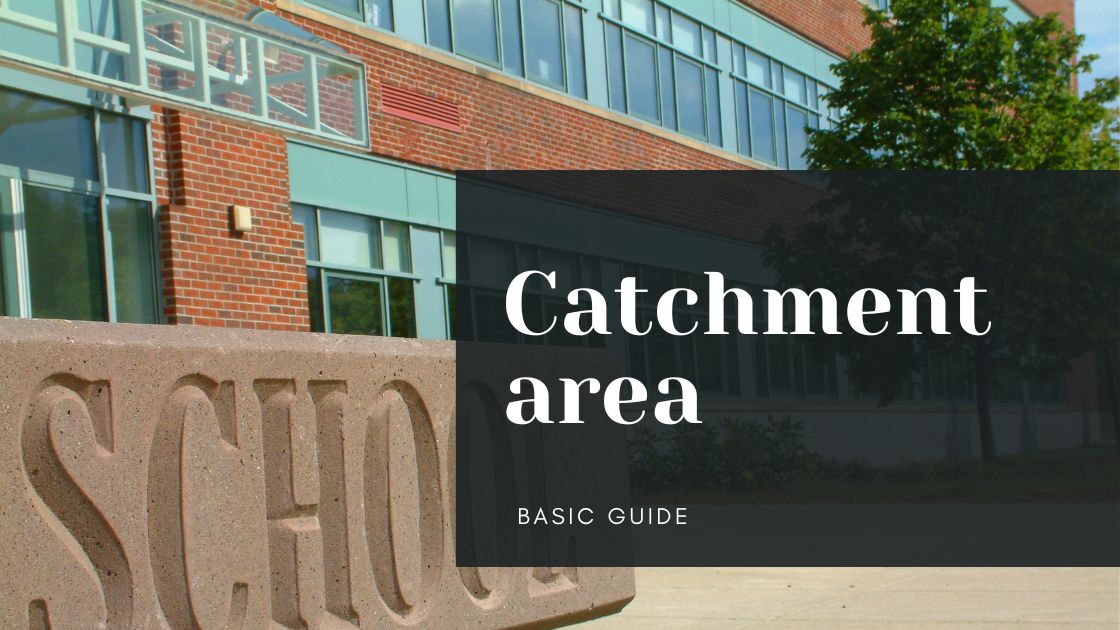Moving to a new country is an adventure filled with countless unknowns and opportunities. As a young mother with the future of my children at the forefront of my mind, relocating to the UK meant not only adjusting to a different lifestyle but also ensuring the continuity of Jewish heritage. This is the story of my journey into the world of Jewish primary education in London, a city that has always had a strong Jewish presence.
In this blog post, I’ll share my personal experience with selecting the right Jewish primary school that aligns with both the developmental needs of children and the values of our faith. We’ll explore various aspects of Jewish primary schools, from understanding the different types to considering what to look for in a school.
The Importance of Jewish Education in the Early Years
Finding a strong Jewish educational foundation for my young ones was atop my priority list. It’s not just about ticking a box that says ‘religion class completed’; it’s about embedding in them the rich tapestry of our Jewish heritage. These early years are so malleable, and the lessons learned now can anchor their identity for the rest of their lives.
This isn’t just about academic learning; it’s a holistic approach to nurturing young Jewish souls, giving them the tools to navigate the world with a strong sense of who they are. I’ve seen firsthand how this education serves as a comforting constant for them amidst the newness of our British surroundings. It’s a gift that will keep on giving long after they’ve outgrown their school uniforms.
Understanding the Jewish School Landscape in London
Understanding the Jewish school landscape in London has been quite the journey since our family moved here. It’s fascinating how the city’s Jewish education system mirrors its vibrant diversity. Here’s a brief overview of this unique educational landscape:
- State-Funded vs. Independent: Jewish primary schools in London fall into two broad categories: state-funded and independent. State-funded schools receive government support, adhering to the national curriculum, while independent schools operate independently, setting their curriculum and charging tuition fees. This choice allows families to select the most suitable learning environment for their children.
- Key Statistics: London has many Jewish primary schools, catering to a substantial portion of the city’s Jewish community. They play a vital role in preserving Jewish heritage, fostering a strong sense of identity, and providing high-quality education rooted in Jewish values.
- Geographical Spread: According to the latest UK census, currently 145,466 Jews live in London. Jewish primary schools are scattered across the city, reflecting the diverse distribution of the Jewish population. Schools are concentrated in areas with higher Jewish populations, ensuring that families have access to quality Jewish education within their neighbourhoods.
What to Look for in a Jewish Primary School
Navigating the educational landscape for the perfect Jewish primary school in London can feel a bit like a matchmaking process – you’re looking for that one place that aligns with your family values, nurtures your child’s intellect and spirituality, and feels just right.
I’ve realised the importance of finding a school that not only promises a strong academic foundation but also cherishes the rich tapestry of our Jewish heritage. Look for schools that incorporate character education programs that align with Jewish values, such as kindness, integrity, and respect.
These foundational principles are woven into the daily fabric of school life, preparing children not only for the next stage of their educational journey but also for their roles within the wider community and society at large. Here’s what else you keep an eye out for:
- Curriculum: Understanding how a school weaves secular and Jewish studies is crucial. The curriculum should spark curiosity and foster a deep respect for both general knowledge and our traditions. For me, as non-religious, I wanted to keep tradition and the connection to our holidays etc, and less focus on Torah or any religious studies. You need to make sure the school is somewhere around your traditional religious habits, as otherwise, you’ll end up choosing an orthodox school when you’re a total atheist- this will make you frustrated.
- Extracurricular Activities: I look for schools that offer an enriching array of extracurriculars. Hebrew lessons are a must, and I love it when schools go the extra mile to celebrate Jewish festivals with joy and authenticity, yet it’s also important they invest in STEM, after-school activities, and more.
- Community: A strong sense of community is the heartbeat of a good school. I seek out schools where parents are welcomed as active participants and where community events strengthen our bonds. This is irreplaceable in my opinion.
- Accreditation and Performance: Lastly, I don’t underestimate the importance of academic excellence. Ofsted ratings and exam results are part of my homework, ensuring that the school is not just a nurturing environment but also one where my children can thrive intellectually.

What to Expect in a Jewish Primary School- the reality
We chose a more liberal school, which can combine the Jewish culture as we like it to be, as well as a small school that will feel to us more like a family. We make voluntary donations to these schools as they are not really considered to be fully “state” schools, so we tend to donate here and there.
Second, the community is just great and we feel very much welcomed. My kids learn how to read and write in Hebrew a long with their English lessons and I feel the school has a lot of great creative ways to teach the actual curriculum.
Admission Processes and Requirements
As a mother who recently moved to the UK with her family, I can tell you that understanding the Jewish primary school’s admission processes and requirements in London is like piecing together a complex jigsaw puzzle. When it comes to application timelines, it’s essential to start early -many schools have deadlines that are months in advance of the school year start date.
But it’s not just about being punctual; you need to have all your ducks in a row, from catchment areas to faith criteria.
- Understanding the Application Timeline: Typically, applications open about a year before the start of the school year. Deadlines can be strict, so timely submission is imperative. You can apply for an In-year application in your borough if you’re coming mid-year.
- Admission Requirements: Many Jewish primary schools prioritise applicants who live within a certain distance from the school, so it’s wise to check if your new home falls within the desired catchment area.
- Faith Criteria: Schools may require evidence of the family’s Jewish faith, such as a letter from a rabbi or synagogue membership. Sometimes it is a criteria. Sometimes it’s really not.
- Necessary Documentation: Be prepared with your child’s birth certificate, proof of address, and any relevant immigration documents, like birth certificates, etc. I sent a boarding pass to prove we’re in the UK.
The key to a successful application is meticulous attention to detail and meeting every criterion to a tee. It’s not uncommon to face challenges like proving your local residency or active Jewish community participation. It’s wise to apply to multiple schools to increase your child’s chances of acceptance. Additionally, familiarise yourself with the appeals process just in case your initial application doesn’t succeed.
Make sure to establish connections with your local synagogue early on and keep a file with all the necessary paperwork well-organised. While the process may seem daunting, securing a place for your child in a school that aligns with your faith and values is well worth the effort.
Supporting Your Child’s Transition to a New School
I’m intimately aware of the whirlwind of emotions that come with moving one’s family to the UK – especially when it involves introducing your little one to a new educational system. The very thought of the first school day in unfamiliar territory can send jitters through both parent and child.
Yet, with a bit of preparation, this transition can be less daunting and more of an adventure. Allow me to share some personal strategies that could ease your child into their new Jewish primary school in London.
Preparing for the First Day
It’s all about turning the unknown into the familiar. I found that taking my child to see their new school before the term begins can work wonders. We spent time walking through the hallways, playing in the schoolyard, and chatting about the daily routines they’d soon be part of. I positively peppered our conversations, highlighting all the novel and exciting opportunities they were about to encounter.
Helping Your Child Adapt
Once school is in full swing, it’s vital to help your child find their niche. I encouraged my children to explore extracurricular activities that piqued their interest, which proved to be an excellent avenue for them to connect with peers who share similar passions. Whether it be a sports team, a music class, or a drama club, these shared experiences are the building blocks of new friendships and can be instrumental in helping your child feel at home in their new environment.
Communicating With Teachers
I can’t stress enough the importance of building a communication bridge with your child’s educators. By introducing myself and maintaining regular contact, I’ve been able to keep a pulse on my child’s academic and social adjustment. It’s comforting to know that the teachers understand my child’s background and are supportive of their transition.
Involvement in The PTA
Lastly, dipping your toes into the school’s PTA will be beneficial for both your child and you. It’s a chance to be actively involved in school life and to forge connections with other parents who are navigating similar experiences. The PTA is a platform for exchanging ideas and collaborating on projects that enhance the school community, creating a sense of belonging and shared purpose.
Supporting Your Child’s Transition to a New School
Since moving to London with my family, the balancing act of intertwining Jewish and secular education for our children has been a bit like walking a tightrope. It’s a delicate dance, ensuring they’re grounded in our rich Jewish heritage while thriving in the city’s diverse, secular learning environment.
At home, we’ve doubled down on reinforcing Jewish learning; Shabbat dinners are now not just about challah and candles but also about stories and discussions that echo their day school’s teachings. Integrating both educational spheres is key; we complement their secular homework with Jewish reading and cultural activities, ensuring each subject doesn’t exist in a vacuum but enriches the other.
And let’s not overlook the community’s role – it’s been a cornerstone. London’s Jewish community offers a plethora of resources that help provide a well-rounded education. From after-school programs to weekend workshops, these communal offerings blend secular knowledge with Jewish learning in a way that resonates with our kids, making the education feel holistic rather than fragmented.
Financial Considerations
Tuition fees are the primary concern; they aren’t just a number but a significant investment in our children’s future. These fees can vary widely among schools, often reflecting the institution’s resources and the breadth of its educational programs.
But it’s not just about tuition – there are additional costs, too, ranging from donations, which, while voluntary, are strongly encouraged to cover the gaps in funding, to the more mundane but necessary expenses like uniforms and school trips.
I am suggesting to email directly to the school and first ask if they have any open seats for new students. This will help you assess, before your application in your borough, which schools have the most chanxes for you to get in. Ask parents in your community about these schools first.
Planning for the Future: Beyond Primary Education
Once you’ve found your footing in the Jewish primary schools of London, which provide a solid foundation in both academics and Jewish values, the thought of what comes next can seem daunting.
Transitioning to secondary education requires careful consideration; it’s not just about maintaining academic standards but also about furthering the Jewish identity nurtured during those formative years.
The impact of primary education stretches far beyond the classroom, influencing personal growth and community ties. Looking ahead, we’re exploring options for Bar/Bat Mitzvah preparation, ensuring our children’s passage into Jewish adulthood is as meaningful as their early education.
Finding the right Jewish high school is pivotal, as it will shape their future involvement in the community and strengthen their lifelong connection to our heritage. It’s a balancing act between the secular world and our rich traditions, but with thoughtful planning, the path forward seems promising.
In Conclusion: Jewish Education in London
Throughout this article, we’ve explored the practical aspects of transitioning to a new school, balancing Jewish and secular education, understanding financial considerations, gaining insights from the community, and planning for the future.
Finding a school where your child can thrive, both academically and spiritually, is a journey worth taking. As parents, we’re not just choosing a school. We’re choosing a community and a set of values that will guide our children throughout their lives.
I encourage you to visit schools, ask questions, and trust your instincts. You know your child best; with the right support and preparation, they will flourish in their new environment.
